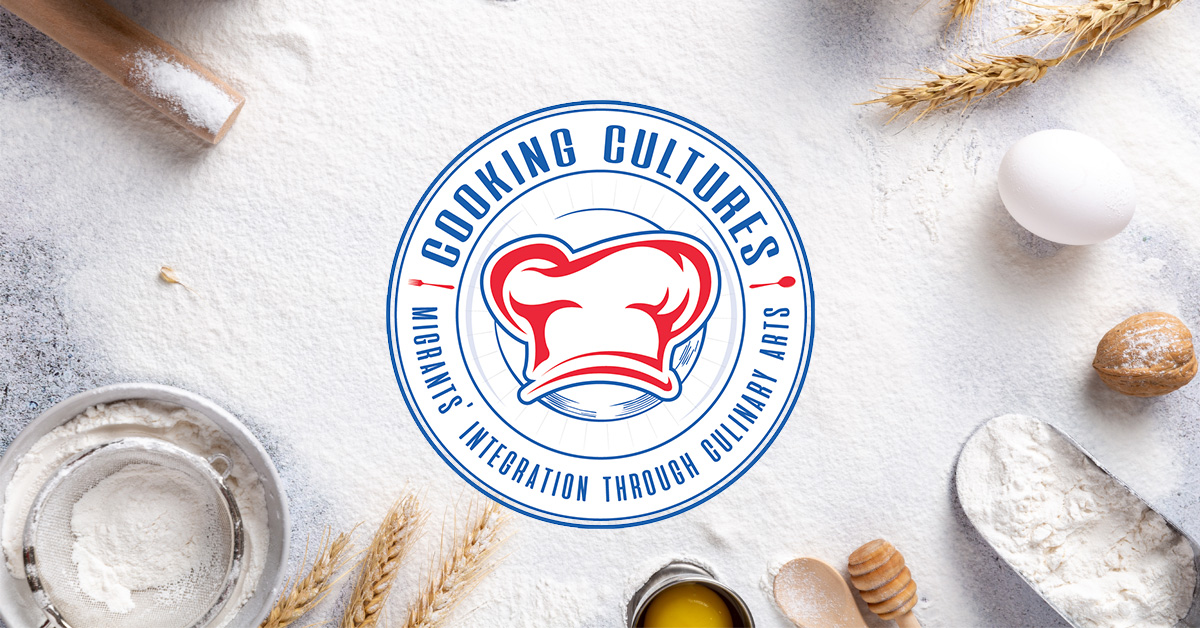During this period, partners implement a variety of actives such as:
- Identification of key skills and competences of Culinary Arts Sector
- Analysis of Employer’s Needs
- Analysis of existing Curricula in the Food and Beverage Industry
- Assessment migrants’ prior learning, qualifications and training needs
- Identification of Tutors/Trainers’ needs in the Culinary Sector
In conclusion, the main observations of data collection and analysis regarding the situation in Greece are:
- Key skills and competences for Culinary Arts are Organization skills, Communication skills, Decision making, Time management, Smell and taste competences
- The knowledge of the Greek language is also a prerequisite for studying in VET centres and finding a job in Culinary Sector.
- Employers are seeking: good command of Greek and/or English language, basic knowledge of arithmetic and mathematics, basic technical knowledge (e.g. costing), good knowledge of English, emotional intelligence skills (the key they require to be acquired from and systematic help), the skill of utilization of the future, communication work access to the careful application (in the technical elements of the distinction with the application when updating its information), technical service, and marketing, problem solver and creativity.
- In Greece, courses related to the culinary sector are not part of compulsory education. As already mentioned, gastronomy and culinary arts can be part of the higher formal education, since there are University Departments specialized in Tourism Management/Higher professional schools of tourism occupations that may offer courses on food & beverage, gastronomy, wine tasting etc. but, in any case, the graduates are not considered as licensed/professional chefs.
- There is no available information on modules customized especially for migrants to learn cuisines of cities/regions which are similar to theirs.
- From time to time, there are educational programs for migrants organized by state or private agencies, NGOs and other organizations, sometimes in the context of EU Funded Projects. When such culinary courses are organized, they may include lessons, such as ethnic cuisines from all over the world or cuisines similar to the participants' local cuisine.
- Training needs of migrants in Greece: Basic Greek language skills, Intercultural competences in the cooking sector, CV writing & interview preparation, Culinary arts principles Sustainable food system.
- Tutors/Trainers learning needs in Greece: Soft skills/communication skills (so as to be able to communicate more effectively with the migrants), Teamwork, Problem-solving, Social and emotional intelligence, Cultural competences (so as to be easier to teach effectively someone from a different cultural background).
Cooking cultures is funded by the ERASMUS+ KA2 – Strategic Partnerships for Adult Education.



